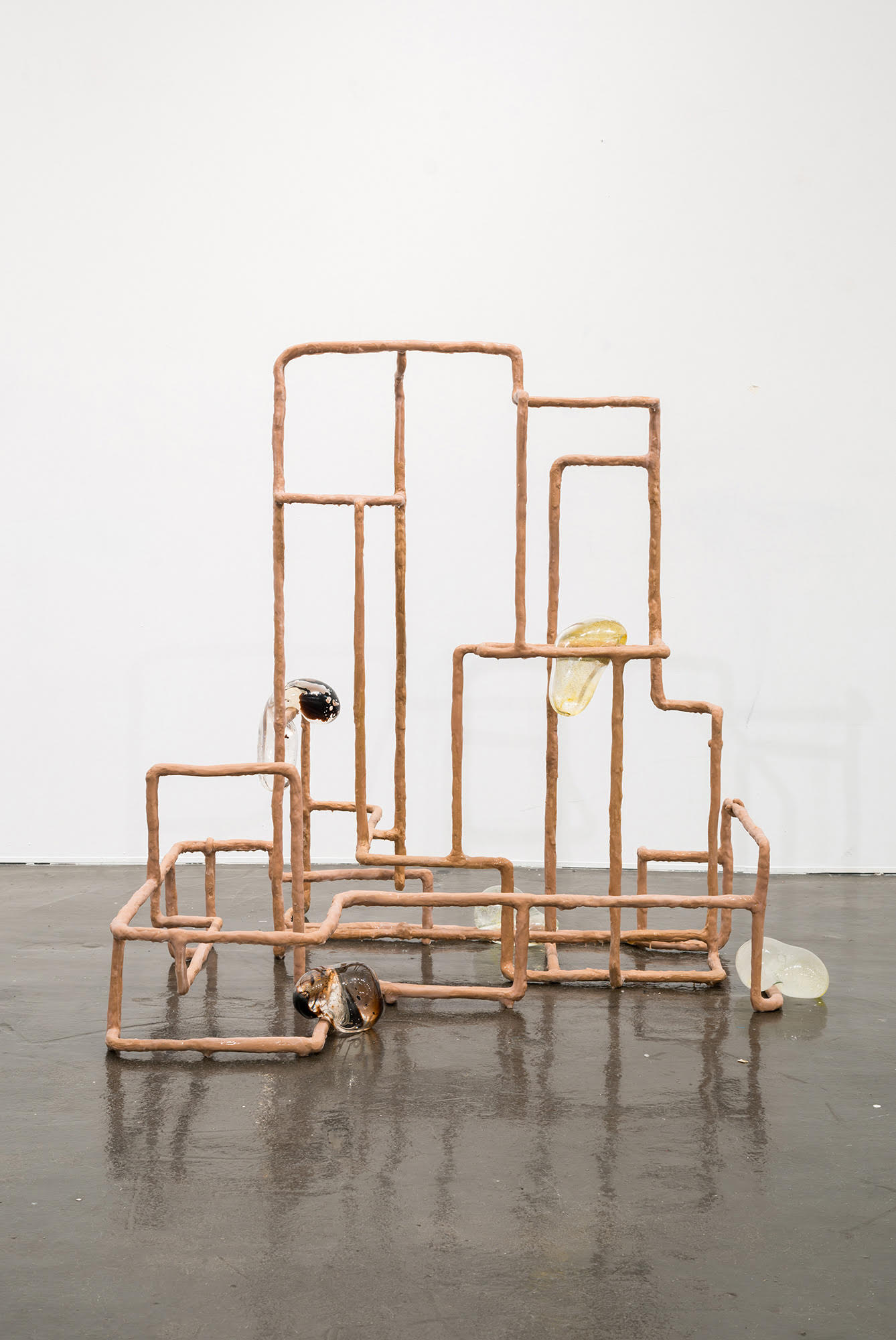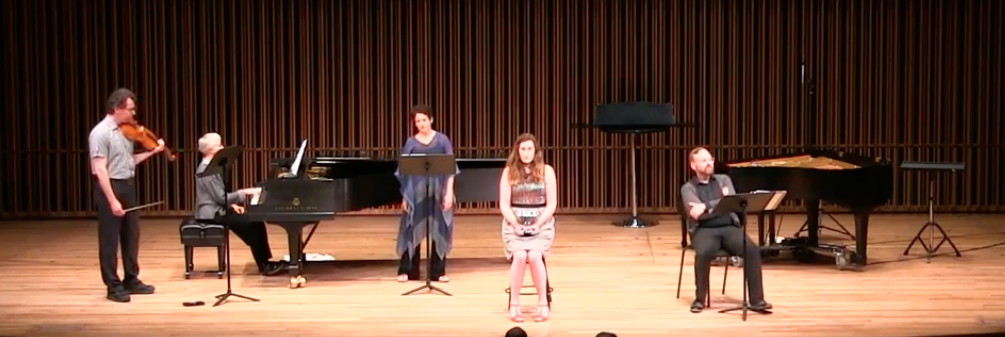The UC Davis Humanities Institute-sponsored HumArts Research Clusters represent the range of work among faculty and graduate students in the humanities, arts, and humanistic social sciences. The research clusters provide a critical space for research and collaboration not easily accomplished in a single department or program.
Clusters are meant to facilitate exchange among faculty and graduate students in workshops, symposia, or mini-conferences, to encourage experimentation with new forms of collaboration within and beyond UC Davis, and to broaden the aims of faculty research in the humanities and humanistic social sciences. HumArts Clusters are awarded up to $5,000 annually. The call for applications is released in Spring Quarter.
2022-2023 New HumArts Research Clusters

|
Queer, Trans, and Feminist STS Research |
PIs: Diana Cage (PhD Student), Elizabeth Freeman, Kalindi Vora, and Chris Hanssmann The Queer, Trans, and Feminist STS Research Cluster is committed to studying trans and queer cultural production as sites of scientific inquiry and knowledge production. This cluster seeks to unify faculty and students across the university who are interested in thinking science and technology studies through the lens of queer, trans, and feminist studies. We are especially interested in centering transgender studies, trans health, and body sovereignty in our conversations and readings. Guiding questions include: How can we use strategies from trans and queer studies, medical anthropology, performance studies, and STS to innovate social change? How is science a cultural practice? How can students mobilize and organize to do interdisciplinary work where formal support systems do not always exist? |

|
See|Hear|Say: New Work with Voice, Bodies, Sound & Word |
PI: Kurt Rohde This concert is a collaboration of graduate students in music composition and creative writing, with artist-in-residence Zachary James Watkins. Watkins has been working with the creative students in a series of workshops, with additional guidance by music department faculty Kurt Rohde and Sam Nichols.The work has been developing organically using words and electronic media in addition to the musicians. |

|
Critical Militarization, Policing, and Security Studies |
PI: Javier Arbona (American Studies) We are a working group of scholars at UC Davis that emerged as a response to burgeoning forms of military power. By militarization, we mean both military interventions and the securitization of everyday life. To this end we pursue research that foregrounds the production of subjects under practices of militarization, the technologies that facilitate surveillance and state power, and the contestations to such forms of violence. The group creates an interdisciplinary space where all the various cultural and social implications of contemporary militarization can be considered, discussed, and held accountable. |
